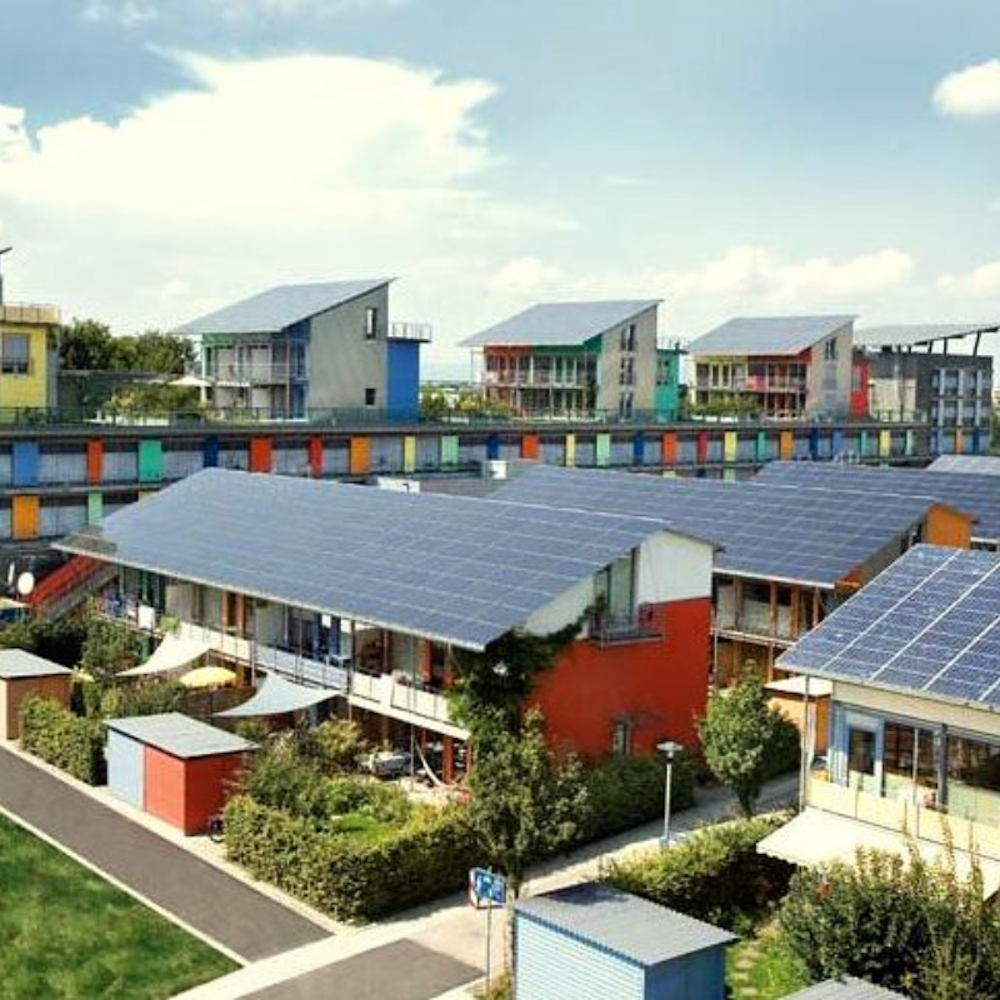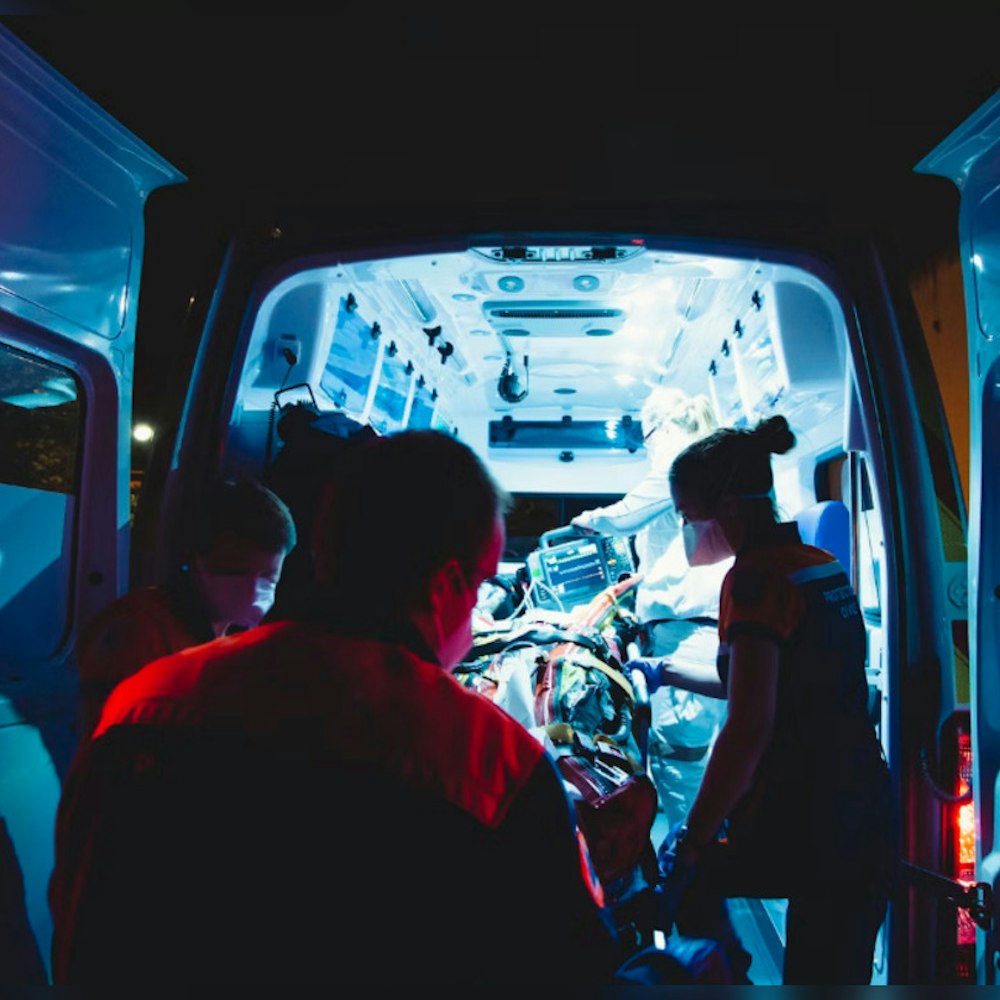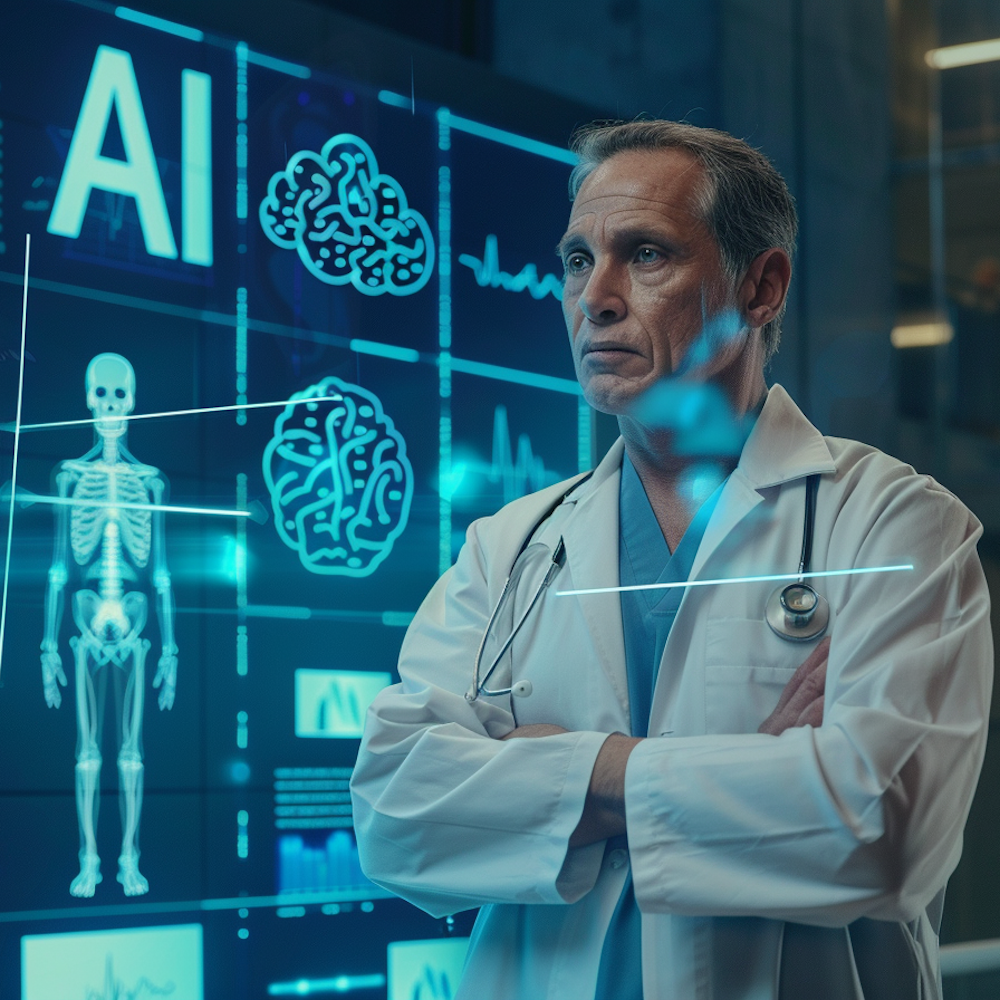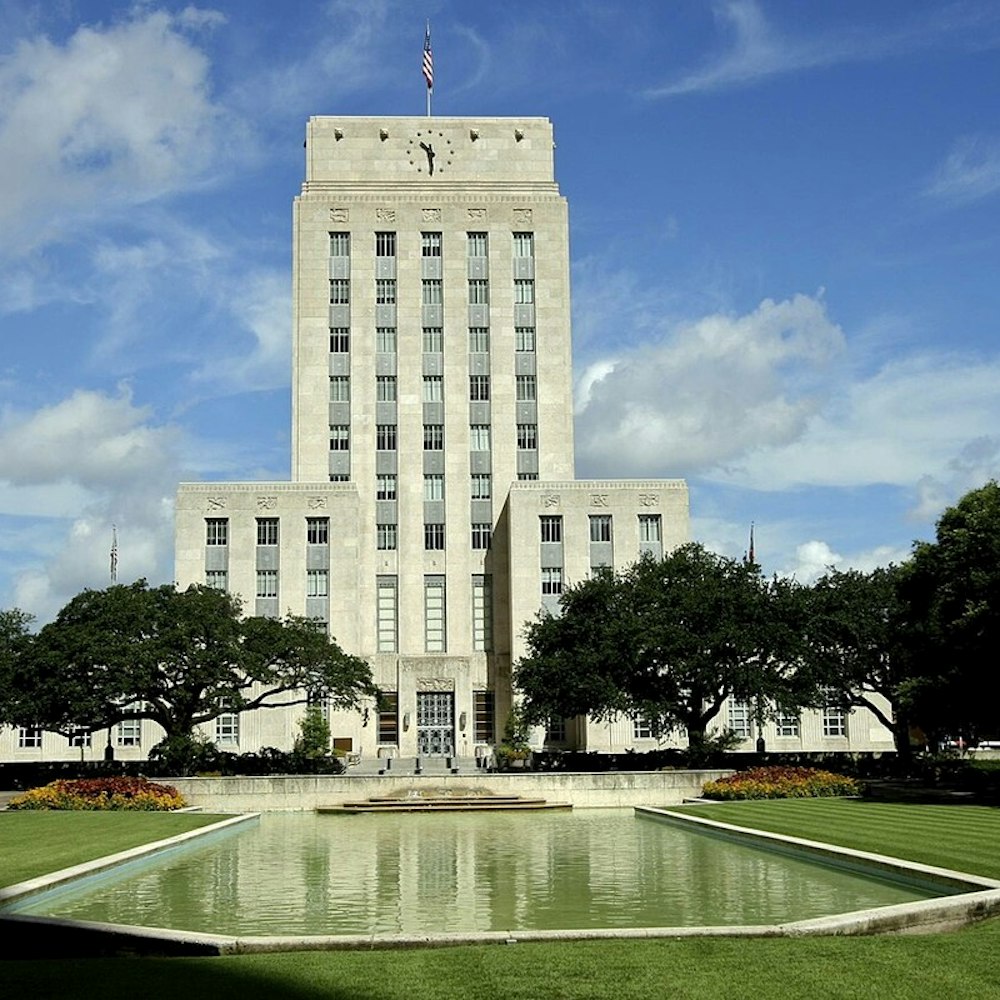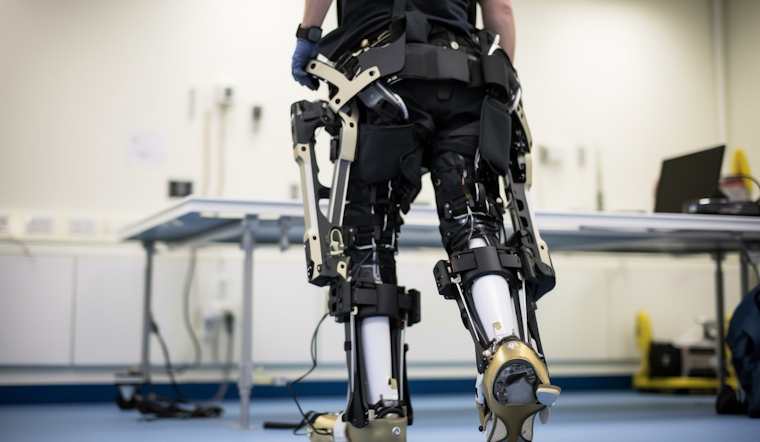
San Jose State University (SJSU) recently received almost $400,000 in federal funding to advance health and safety research initiatives, yet another example of the great impact technology continues to have on enhancing people's lives. According to an announcement made by U.S. Representatives, including Ro Khanna (CA-17), Zoe Lofgren (CA-18), Anna Eshoo (CA-16), and Jimmy Panetta (CA-19), SJSU will benefit from a total of $398,117 to support two important research projects from the National Science Foundation (NSF), according to a release from Rep. Khanna.
One of the funded initiatives focuses on improving powered, robotic exoskeletons to assist people with physical disabilities and neurological impairments. With rapid advancements in technology, research in the field of assistive robotics has the potential to significantly improve the quality of life for individuals with disabilities and neurological conditions caused by various factors, including spinal cord injury, stroke, and other injuries or diseases. In a recent example of this technology's impact, NBC12 reported on a paralyzed student who, with the help of a robotic exoskeleton and therapists, managed to walk across the stage during his graduation ceremony.
The NSF funding for robotic exoskeleton research amounts to $199,946 and comes from the NSF’s Chemical, Bioengineering, Environmental, and Transport Systems (CBET) Division. This grant presents a significant opportunity for further advancements in the field of assistive robotics, offering hope for those who dream of increased independence through the use of robotic exoskeletons.
Meanwhile, the second research initiative will see SJSU receiving $198,171 to conduct three research workshops on extreme wildfires, aiming to improve public safety, human health, and economic security. These workshops will bring together experts in meteorology, engineering, fire safety, community resilience, and human health to devise interdisciplinary approaches to combat the growing threat of wildfires across the nation.
Highlighted as a fast-growing, up-and-coming research powerhouse by its President, Dr. Cynthia Teniente-Matson, San Jose State University represents a valuable part of Silicon Valley's research ecosystem. The university's researchers consistently work on developing innovative solutions to global issues, such as technology for rehabilitation purposes and managing wildfires. The federal grants from the National Science Foundation have provided a much-needed financial boost to support SJSU's ongoing research endeavors, further cementing the university's reputation for excellence in scientific research and community impact.
The receipt of this crucial funding underscores the importance of substantial investment in research to drive medical breakthroughs, new technologies, and enhanced resilience. Both grant-funded projects hold significant potential to improve the nation’s understanding of their respective fields and ultimately create meaningful improvements to the lives of those affected by extreme wildfires or those with disabilities and neurological conditions.
As technology continues to progress at an extraordinary pace, the impact on people's lives can be seen in various forms. From paralyzed individuals reclaiming their ability to walk, as demonstrated by the recent story of the student who used a robotic exoskeleton to walk across a graduation stage, to effective responses to extreme wildfires, it's clear that continued investment in research and innovative technological developments can go a long way in reshaping and improving the world.
As San Jose State University moves forward with their grant-funded research initiatives, it will undoubtedly contribute to the broader effort to address critical issues in health, safety, and well-being. These two projects, along with many others in similar fields, strive to improve the lives of those affected by challenges they face and further highlight the importance of technological advancements and robust scientific research.


